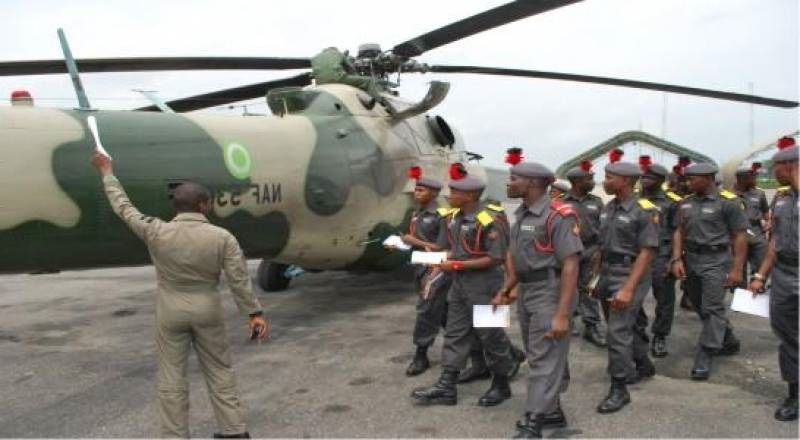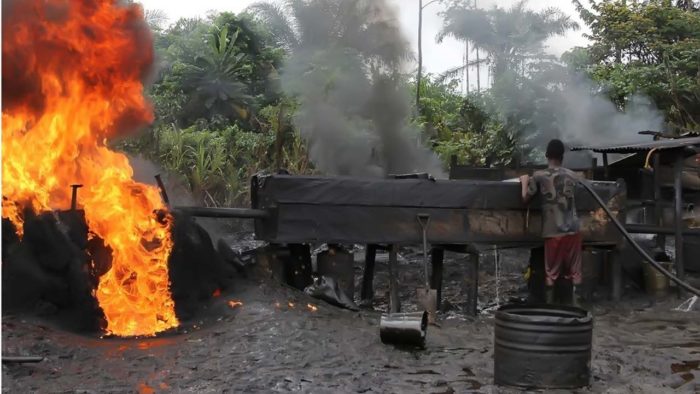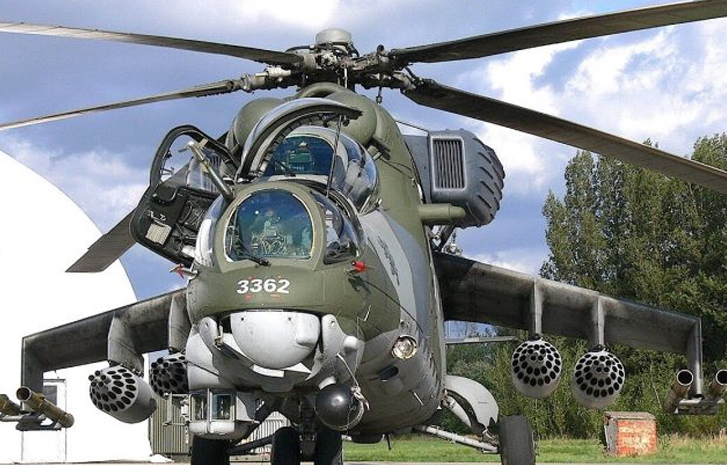Air Disasters: Nigeria Ripe For Technical Safety Courses
The Chief of Air Staff, Air Marshal Sadiq Abubakar has declared Nigeria ripe for technical training courses for air craft Engineers considering the human and material resources available in the country.
Abubakar gave the assurance during the graduation of trained Air Craft Engineers on Technical Safety Course 1,2017 at the Nigeria force Institute of Safety, Ipetu-Ijesa, Osun State.
According to him, the Nigeria Air Force is committed to capacity building of its officers through technical safety courses to forestall further incidence of plane crash in Nigeria.
Represented by Air Vice Marshal Kingsley Lar, Abubakar expressed joy that the availability of facilities for training professionals in Nigeria will not only enhance productivity, but reduce the burden of having officers trained in foreign countries.
His words: “The six weeks course was the first of its kind to be held in the country to equip Air craft Engineers with requisite knowledge and skills on air craft management”.
“Basically, the technical safety course is designed to train in Aviation Psychology, Communication Skills, Emergency Response, Crises management, Material Handling, Technical Safety among others”.
Abubakar enjoined the technical engineers to display utmost level of professionalism and make constructive inputs in all conditions that require safety reorientation.
In his remarks, the Head of Department of Nigeria Air Force Institute of Safety, (NAFIS), RTd Grp Capt. Kolawole Opatundun said about 80% of aircraft incidents could be linked to human factor, noting that with a course like this, it would become a thing of the past.
He said “the service had in the past, relied on foreign training of safety personnel, which did not provide enough slots to meet our requirements and was a drain on scare resources”.
According to him, the present leadership of NAF in its resolve to reinforce a culture of self-reliance and vigorously pursue effective manpower development has repositioned the institute.




